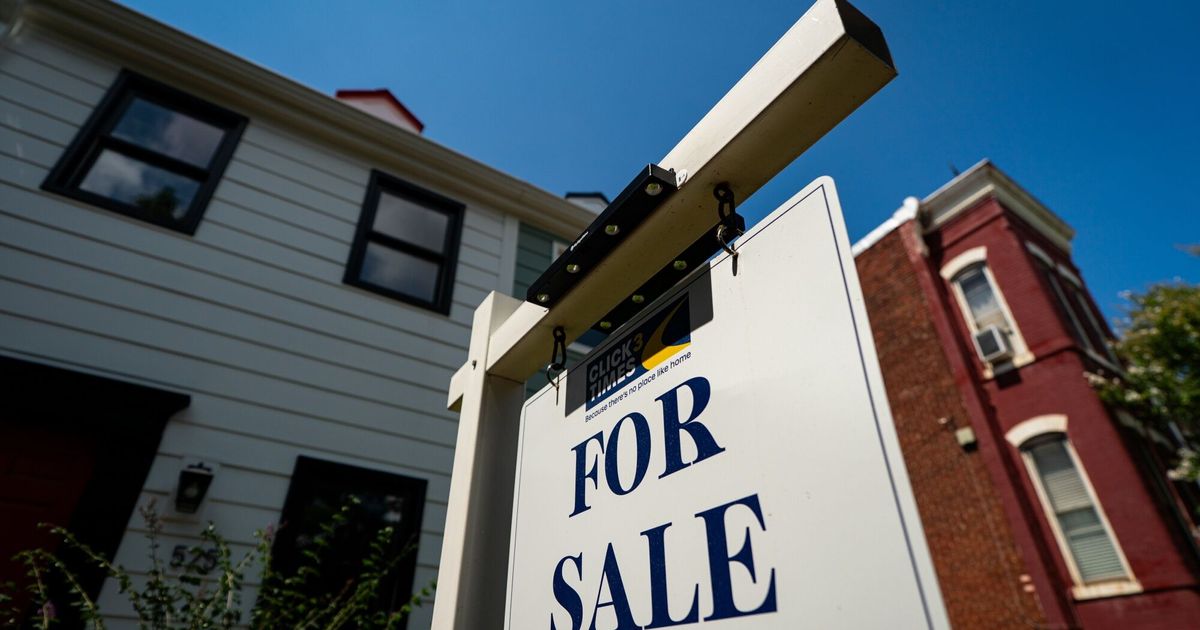At $15.74, Washington has one of the highest minimum wages in the nation. Yet it takes nearly double that wage to afford a one-bedroom apartment in the state without draining income needed for other essentials, such as child care, groceries, transportation and savings.
A new data analysis released Wednesday found that a Washington renter needs to earn $30.33 an hour to afford the typical one-bedroom apartment in the state without spending more than 30% of their income on housing costs, a standard measure of affordability. In the Seattle and Bellevue area, a renter would need to make even more: $40.38, or $84,000 a year.
The annual report from the National Low Income Housing Coalition has for years revealed that the costs of living in Washington, and especially in the Seattle area, are climbing out of reach for baristas, janitors, retail clerks and other hourly workers. To afford the rent, people all over the state are spending a greater share of their paychecks on rent, leaving them more vulnerable in case of a sudden expense or crisis.
Nationally, there is no state or local area where a full-time worker making the minimum wage could afford a two-bedroom rental without working more than 40 hours a week, according to the coalition. Minimum-wage earners could afford a one-bedroom apartment in only 7% of counties nationwide.
“It’s great and necessary that wages are increasing, but those increases have not kept pace nationally with rent increases,” NLIHC President Diane Yentel said.
For minimum-wage workers and those on fixed incomes, the picture is dire.
A King County worker making the state’s minimum wage would need to work 103 hours a week to afford a one-bedroom apartment and 120 hours to afford a two-bedroom apartment, up from 92 and 109 hours, respectively, a year ago.
Even Seattle’s higher minimum wages don’t make up the difference. Seattle’s minimum wage ranges from $16.50 to $18.69 an hour, depending on the business size and benefits — far less than the $40.38 an hour needed to afford a $2,100 one-bedroom rental in the Seattle-Bellevue metro area, according to the NLIHC. (The coalition uses rent estimates from the U.S. Department of Housing and Urban Development.)
As employers boosted pay to attract workers in recent years, those pay raises didn’t keep up with the increase in housing costs.
Overall, low-wage workers saw a 9% increase in wages between 2019 and 2022, but that increase was not enough to make up for the “significant gap between rent and wages,” according to the report.
It’s not just minimum-wage earners who feel the squeeze.
The average renter in the Seattle-Bellevue area makes nearly $41 an hour, or $84,600 a year, according to the NLIHC report — a figure that is likely skewed by highly paid tech workers. That’s far more than minimum wage and enough to afford a typical one-bedroom apartment, but for a single parent in need of two bedrooms, even that wage is not enough to afford a rental without working more than 40 hours a week.
“It’s partly an income problem, but it really is a housing problem,” NLIHC Senior Vice President for Research Andrew Aurand said. “We need to ensure there’s adequate affordable housing.”
Washington projects that King County will need 17,000 new homes every year for the next two decades to keep up with demand, and more than half of those homes need to be affordable to people with low incomes, meaning they will likely require government funding.
















